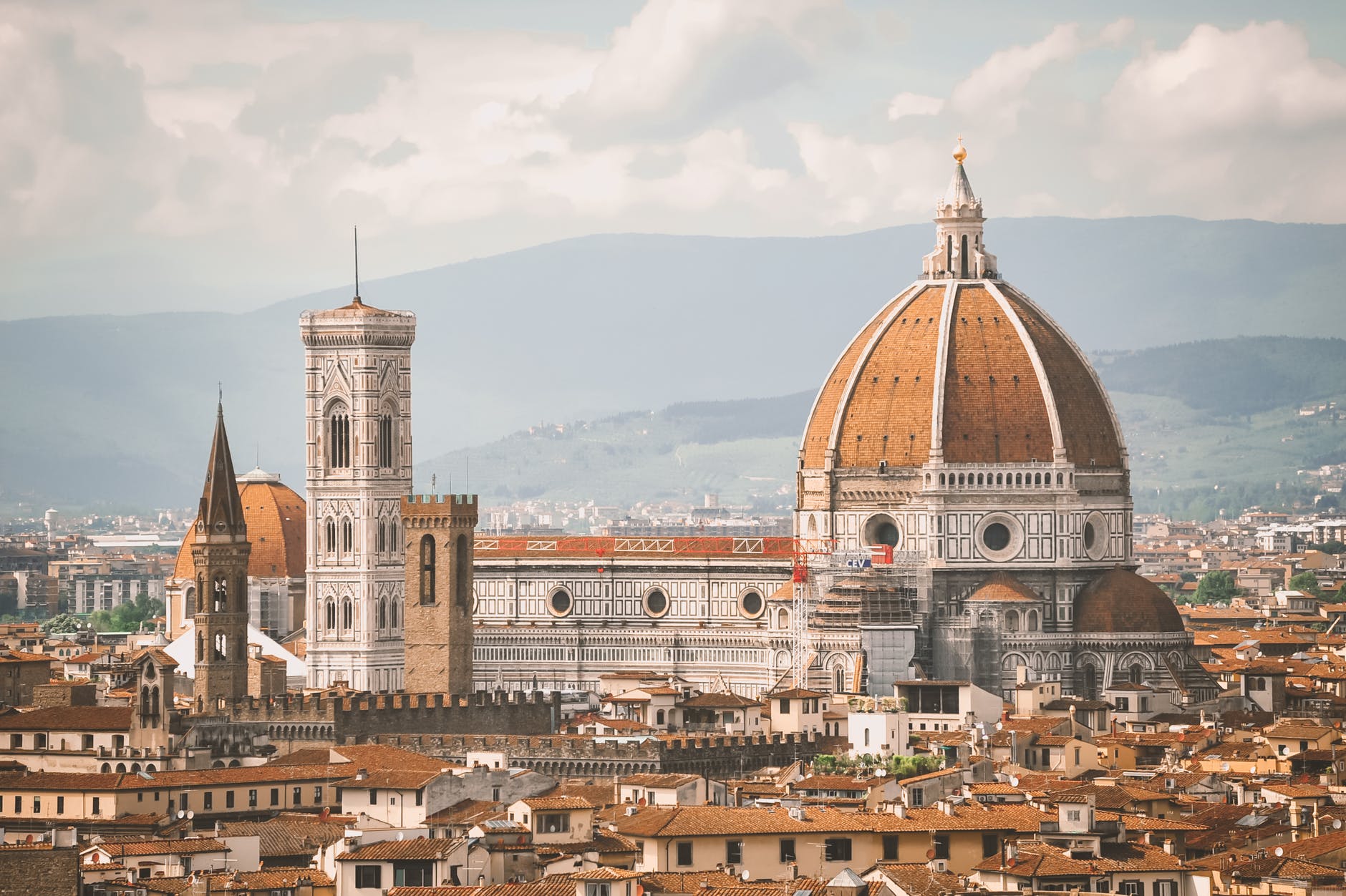Tags
When I pressed “play” to resume the Medici TV series where I had left off, Netflix threw me for a loop. They tried to start me off in Season 3. The description of the show didn’t make sense to me, but then again I really didn’t remember much from my earlier viewing. Wherever Netflix thought I should be, I retained a strong impression that I had only watched the first Season.
I decided to go with my gut and started off with Season 2, Episode 1. The result was complete disorientation. I had no idea who were these characters on the screen (although I did recognize the patriarch of The North, Sean Bean) nor what was going on. I was about to give up in frustration when I was treated to a sudden cut followed by a title saying they’d take me back 20 years earlier to explain it all.
Season 2, you must understand, does not pick up where Season 1 left off.
Season 1 followed the life of Cosimo de Medici and his inheritance of the Medici banking business from his father, Giovanni. As I described at the time, it moves back and forth between post-death of Giovanni and twenty years earlier. The intent is to portray the rise of the family and Cosimo’s role in making that happen.
Season 2 starts off with Cosimo in the grave, Cosimo’s son Piero (portrayed by Julian Sans) already in his old-age, and the grandson Lorenzo (to become The Magnificent) as the main character. Once again, the show spices up the narrative by having Piero murdered (albeit not immediately) by an assault orchestrated by his rivals. Per Wikipedia, he died of the gout, earning him the appellation “The Gouty.” How unfortunate.
The new season continues much apace as the old; some things better some things worse. I think they’ve done better with the lead actors, this time the far less well-known pair of Daniel Sharman as Lorenzo and Bradley James as Giuliano – the two sons of Piero. I struggled with the fact that Bradley James seemed so familiar to me but in the end I let it go. I’m pretty sure I’ve not seen him in anything else. Instead, I think he looks much like an actor from one of the German or Scandinavian TV series that I’ve watched. To pull in some Game of Thrones star power, this season stars Sean Bean as Jacopo, the patriarch of the rival Pazzi family. All casting choices turn out much better than the wooden Richard Madden, who started in the first season.
Less important to the show, but interesting to me personally, I do appreciate the selection of one of the minor characters. Italian-born model and actress Matilda Anna Ingrid Lutz plays Simonetta Vespucci. Before this series, Lutz had starred in the The Ring sequel Rings but otherwise would be little known to American audiences. Her character here, Simonetta, was the wife of Marco Vespucci (himself a relative of explorer Amerigo Vespucci) and an associate of the Medici family (her wedding reception was hosted by Lorenzo Medici). Simonetta died at age 22 (seven years younger than actress Lutz was at the time of filming) but some believe her beauty lives on eternal. Artist Sandro Botticelli painted portraits of a number of Florentine noblewomen and some portraits are suspected to be portraying Simonetta. Similarities between those paintings (for which, by the way, the subject cannot be proven) and his (perhaps) most famous work The Birth of Venus have led to the speculation that she was his model for the Greek goddess. The show portrays this (and her rumored, but even-more-unlikely, affair with Giuliano Medici) as fact, bolstering it with a remarkable resemblance between Lutz and the Venus on the half-shell.
On the down side, Medici‘s creators seem to have simplified the “morality play;” more than before and, I’d say, a bit too much. Particularly in the opening episodes I hear, over and over, how Lorenzo dreams of building a utopia – a glorious combination of great art, popular democracy, and a wealth that benefits all. Every action is set against this desire to “do good” and is repeatedly discussed in those terms. OK. I got it the first time. I’ll grant that as the “action” ramps up, towards the second half of the season, it becomes a little less obtrusive. In the end, we see why the theme was important. That still doesn’t justify the form of its exposition.
One final note, because it is something that that I noticed, but didn’t notice, while I was watching.
Many of the actors are Italian. The show was filmed in Italy with an international cast. While the lead roles are voiced in the King’s English, other characters, with substantial dialog, deliver their parts accompanied by a noticeable Italian accent. I admit that I puzzled over this, wondering if something was trying to be indicated vis-à-vis regional dialects; although I admit I didn’t puzzle too hard.
Only when looking at the credits did I realize that several of the top billed actors (e.g. Matteo Martari as Francesco de Pazzi and Aurora Ruffino as Bianca de’ Medici) had their lines dubbed in by native English speakers. A little reading turned up that while show was filmed in Italy, and for Italian TV, it was created all in English. However, some of these non-native accents were deemed a little too inscrutable for the American and UK viewers which resulted in that dialog being re-recorded by voice actors. I’ll even go further in its defense. I would admit it would have been strange to have these Pazzi and Medici siblings sporting very-different dialects than the rest of their families.
I probably didn’t need to know that. Now I’m going to be looking for it.


Pingback: Kiev Rus | et tu, Bluto?
Pingback: Brace yourself, the plot’s about to thicken | et tu, Bluto?